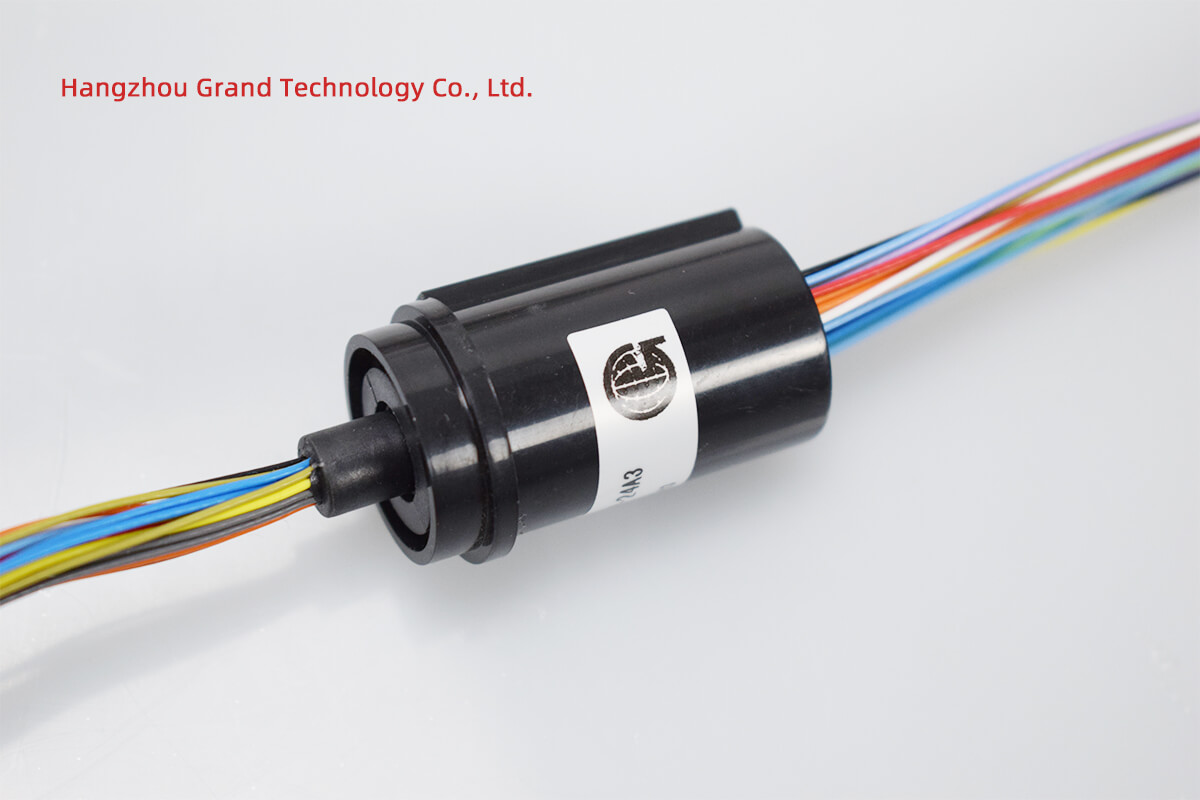The First Generation
The first generation of slip ring technology in CT scans was developed in the late 1970s. This technology allowed for the rotation of the x-ray tube and detector around the patient, allowing for a more comprehensive imaging of the body. This technology was revolutionary at the time, as it allowed for the creation of 3D images of the body that could be used for diagnosis and treatment.
The Second Generation
The second generation of slip ring technology in CT scans was developed in the early 1990s. This technology allowed for the rotation of the x-ray tube and detector around the patient at a much faster rate, allowing for a more detailed imaging of the body. This technology was also revolutionary at the time, as it allowed for the creation of 3D images of the body that could be used for diagnosis and treatment.
The Third Generation
The third generation of slip ring technology in CT scans was developed in the late 2000s. This technology allowed for the rotation of the x-ray tube and detector around the patient at an even faster rate, allowing for a more detailed imaging of the body. This technology was also revolutionary at the time, as it allowed for the creation of 3D images of the body that could be used for diagnosis and treatment.
The Fourth Generation
The fourth generation of slip ring technology in CT scans was developed in the early 2010s. This technology allowed for the rotation of the x-ray tube and detector around the patient at an even faster rate, allowing for a more detailed imaging of the body. This technology was also revolutionary at the time, as it allowed for the creation of 3D images of the body that could be used for diagnosis and treatment.
See What We Can Do

